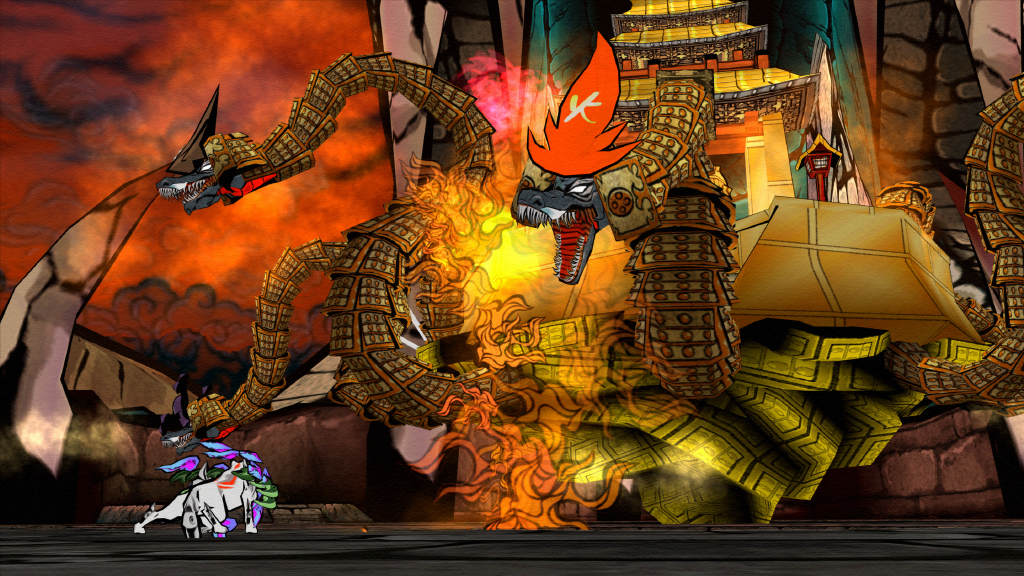Matt just retweeted a link on Twitter to this post on Engadget, referring to the fact that at least to date in 2014, no album will have gone platinum in the United States:
The decline in album sales is certainly nothing new, thanks to the smattering of streaming options now available to eager listeners. However, 2014 looks to be particularly awful.Forbes reports that nearly 10 months into the year, no release since January has yet to reach platinum status — a release that sells 1 million copies (in the US). What’s more, only one has sold a million copies: the Frozen soundtrack that hit shelves last year.
I’ve been pondering this recently. Album sales are down across the board. Single sales are also down, at least as far as they are tracked. Usually, what’s blamed for this is the rise of the streaming model, where you pay a single subscription and get access to as much as you want.
But in a world where scarcity is no longer a thing, what if it’s rather that our consumption is changing?
I first started thinking about this when I changed my method for purchasing games to a digital one, both in terms of using console services and with my switching back to using the PC and Steam as the primary source of my game purchasing.
I noticed rather quickly due to that the fluidity of pricing, the types of recommendations I was receiving from friends, and the ease of publishing in a post-physical-media games economy, I was purchasing more things that years ago I would not have considered—or in most cases, would never have been made.
You can see this happening in terms of availability and ease-of-publishing. Just take a look at services like Loudr or Bandcamp. More people are able to publish more types of music or movies than ever before in the history of either medium. Digital makes things cheap and accessible. It democratizes them. (Look at what you are reading now. Fifteen years ago this was barely possible.)
So what’s the longer tail on sales of things like games, music, and movies? What if the future isn’t in huge sales numbers for a very few projects or products, but in smaller sales numbers spread across a far greater number of creators and artists? The removal of scarcity and the (relative) ease of production means that if I have a singular focus or preference as a consumer, I can focus in just those things.
If I like a specific flavor of jazz, I can listen to just that as long as I’m able to find artists that play it. If I like a specific genre of game, often now I can live just within that genre and play those things to my heart’s content.
And even further, the creators of the things I consume are closer to me than ever before due to the rise of blogging and social media. I can interact with them. They can engage with me, increasing my interest and the depth of my support for what they are doing. Everyone is a potential artist. Everyone is a potential curator, sharing their likes and dislikes as I often do here. Everyone can find others that share their unique interests, which further stokes the fire.
The future is less a handful of blockbusters, and more a broad swath of interests that engage a relative few, but more strongly than ever before. It’s already happening in games. It is starting to happen in music. Movies will be the last to change.
It’ll be fascinating to see how the entrenched industries keep up with this shift.
Like this:
Like Loading...


